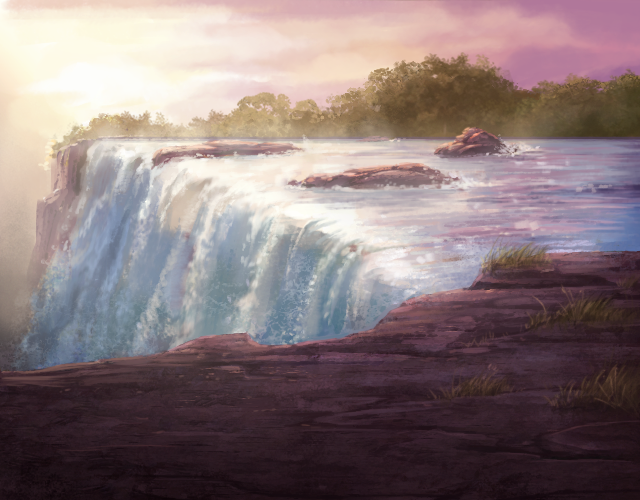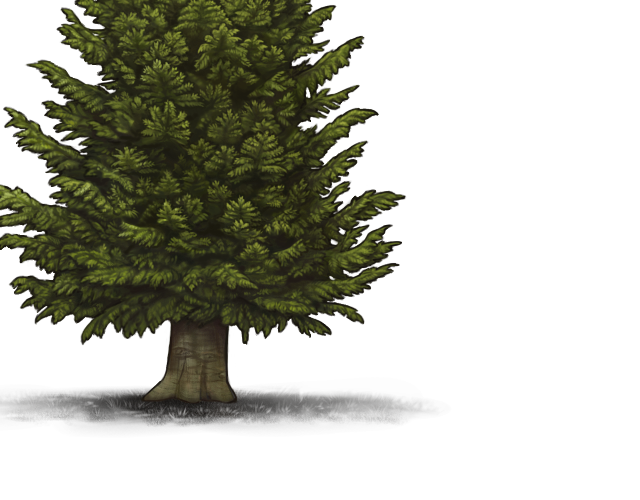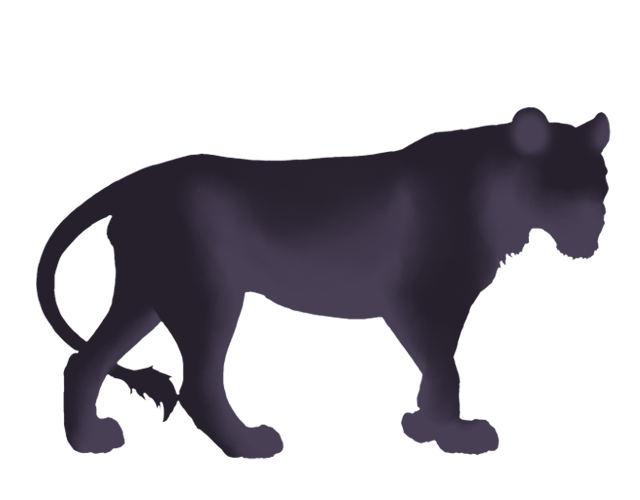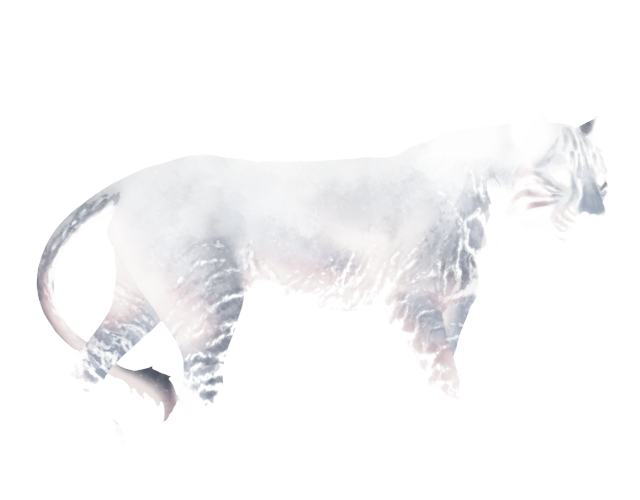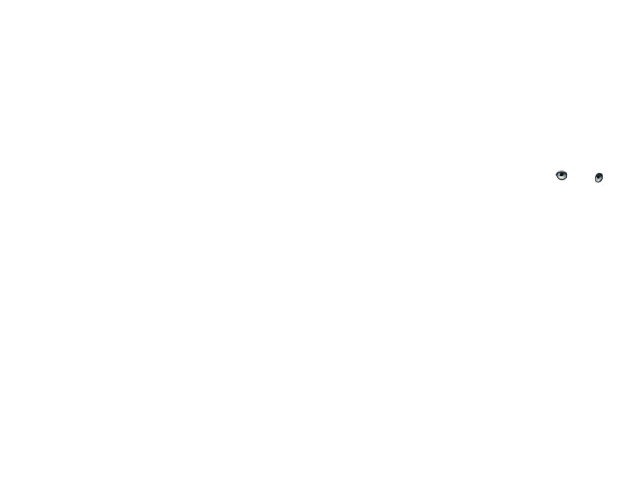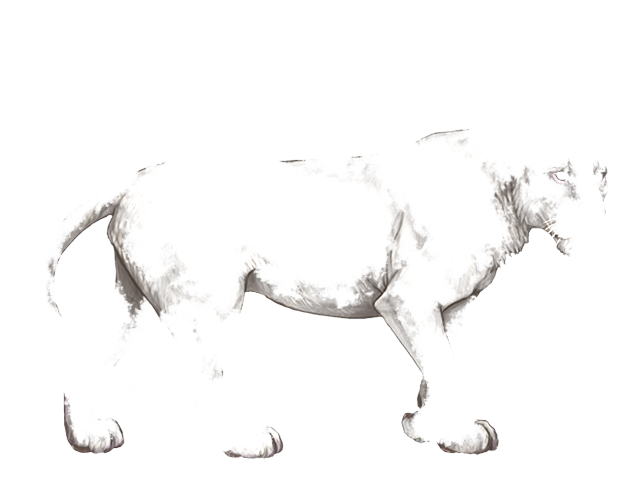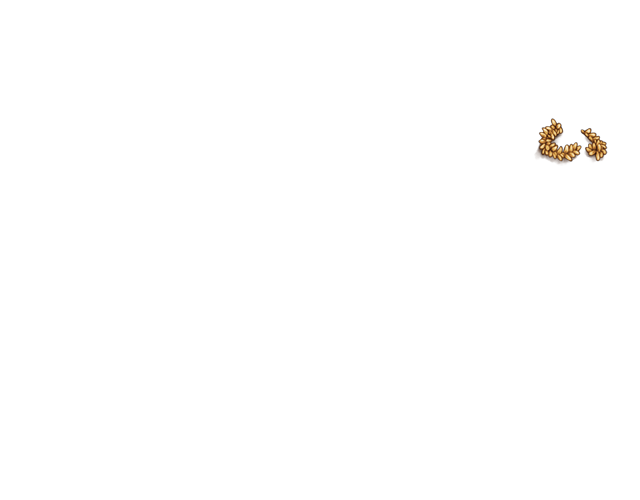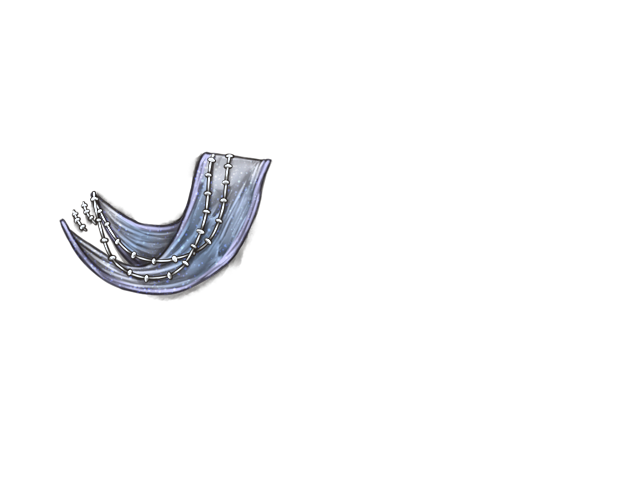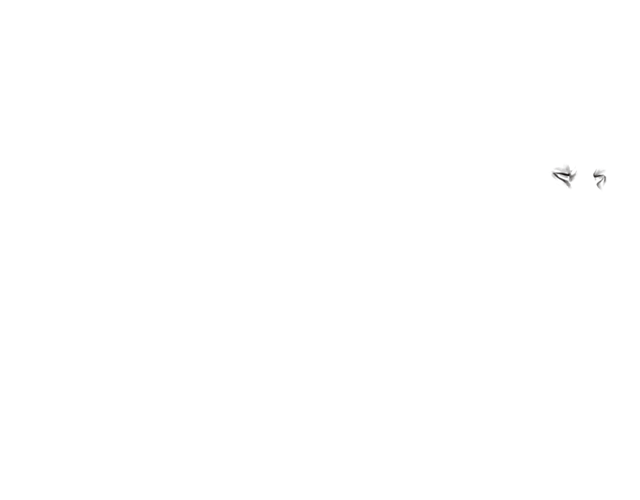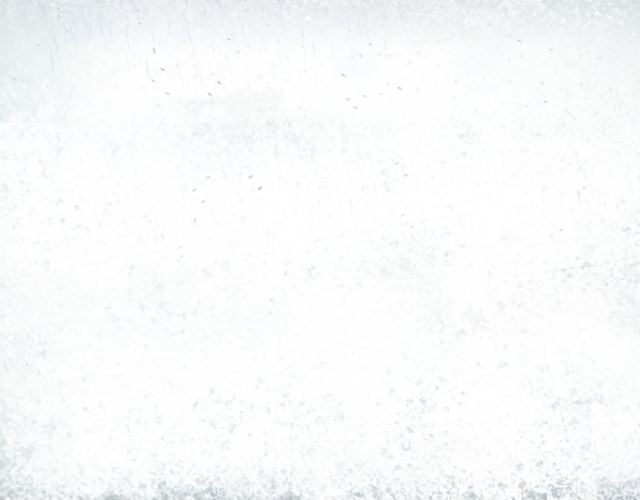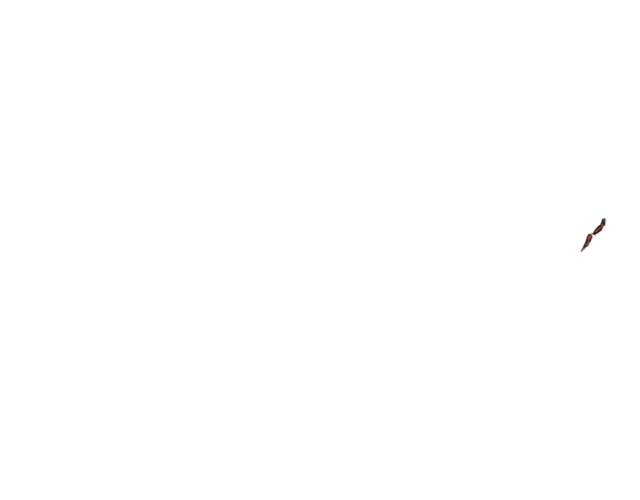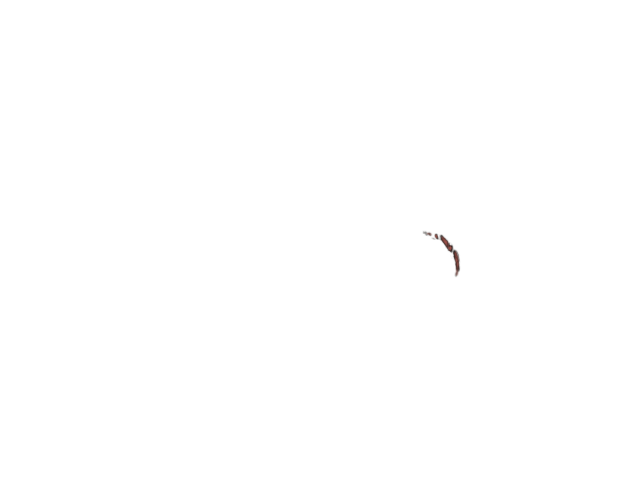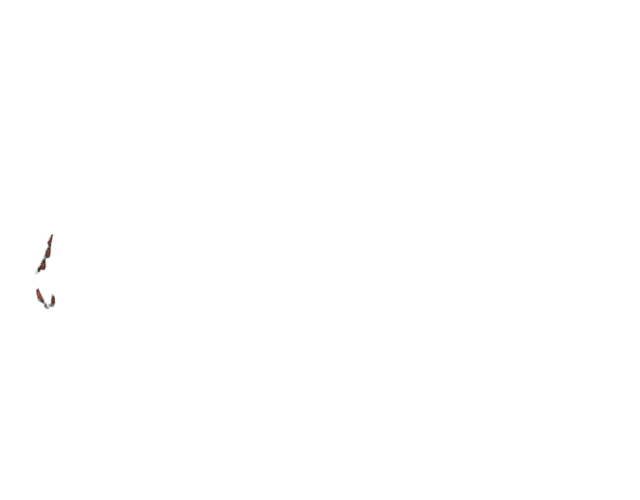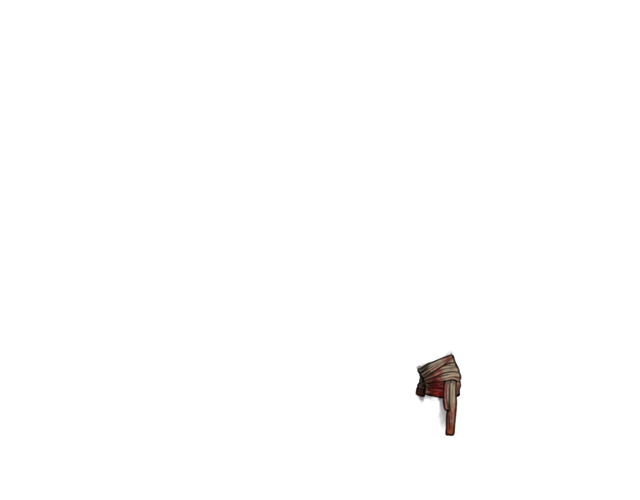MICHEL NEY
“You have no choice. You have to give up the throne.”
NAPOLEON BONAPARTE
"Oh, Ney, Ney, Ney. The throne ? You know what the throne is, Ney ? The throne is an overdecorated piece of furniture. It's what's behind the throne that counts. My brains, my ambitions, my desires, my hope, my imagination, and above all, my will."
-----...-----
The Lord is my light and my salvation; whom shall I fear ?
----
« Napoléon Bonaparte »
*napoleone di buonaparte*
1769-1821
----
"Until you spread your wings, you'll have no idea how far you can fly."
— — 𓆩†𓆪 — —
August 5th, 1769, on the Island of Corsica, Ajaccio, now France, Napoleone Buonaparte was born into a noble family with Italian origins. He had an elder brother, Joseph, and six other younger siblings; Lucien, Elisa, Louis, Pauline, Caroline, and Jérôme, among many stillborns or death during infancy. He was baptised as a Catholic. Napoleone's mother, Maria-Letizia was a prominent figure in his life. His father, Carlo Maria (or otherwise known as Charles-Marie) supported Pasquale Paoli during the Corsican war of independence against France. After the defeat in 1769 and Paoli's exile in Britain, Napoleon's father became friends with the French governor, Charles Louis de Marbeuf, who became his patron and godfather to Napoleone. With this, Napoleone did receive a royal bursary to the École militaire(Military School) in France.
"The future destiny of the child is always the work of the mother."
It would not be until January, 1779 that Napoleone would move to mainland France to study for 5 years in Autun, at the military college of Brienne. He was routinely bullied by his peers for his accent, birthplace, short stature, mannerisms, and poor French, and thus became melancholic, applying himself to reading. Nonetheless, Napoleone allegedly led junior students to victory against senior students in a snowball fight, which he had showed his leadership abilities, and in his later years in Brienne, he was a Corsican nationalist and admirer of Paoli. In 1784, Napoleone was enrolled in the École militaire(Military School) in Paris, where he had a two-year course, and would be trained to be an artillery officer. However, in February, 1785, Napoleone's father died of stomach cancer. Napoleone, despite not being the eldest son, he was presumed head of the family at the age of 16, and with the family income being cut, forced him to complete the two-year course in one year. Napoleone graduated from the École militaire in September and was the first Corsican to graduate the École militaire.
"...We have lost in him a father, and God knows what a father he was, what is tenderness and love for us ! Alas..."
Upon graduation, Napoleon (changed his name to fit with the French society during his time in the École militaire) was commissioned a second lieutenant in La Fère artillery regiment, a kind of training school for young artillery officers. Napoleon was originally garrisoned to Auxonne in 1788, and later in 1793, transferred to Valence. Napoleon continued his education, reading books regarding strategy and tactics. He was garrisoned until September 1786, after the French Revolutions outbreak, and would not have rejoined his Regiment until June 1788. Napoleon returned to Corsica once more in September 1789 for three months, to promote the French Revolution, and he became a supporter of the Jacobins and joined the pro-French Corsican Republicans who opposed Paoli's policy and his aspirations to secede. Paoli returned to the island in 1790, he had no sympathy for the Buonaparte's, as he deemed Napoleon's father as a traitor for deserting the cause of Corsican independence.
Napoleon, however, failed to return to France and was listed as a deserter in January 1792. But in April France declared war against Austria, and his offense was forgiven, and he was promoted to the rank of captain but did not rejoin his regiment. Instead he returned to Corsica in October 1792, where Paoli was preparing to separate Corsica from France. February 1793, Napoleon partook in The French expedition to Sardinia, which ended in failure, and soon after, there were accusations that Paoli had sabotaged it, along with claims that his leadership was corrupt and ineffective. As a result, the French National Convention decided to outlaw him. A civil war in Corsica broke out between Bonaparte and Paoli, however Napoleon and his 400 French troops failed to capture Ajaccio from Corsican volunteers and the island was now controlled by Paoli's supporters; in April 1793, Paoli had the Buonaparte family condemned to "perpetual execration and infamy", whereupon they all fled to Toulon, France.
Napoleon rejoined his regiment in June, 1793, and argued that the Jacobins were becoming increasingly radical, and that the Republicans needed to unite and work together. At the end of August 1793, the National Convention’s troops had taken Marseille but were halted before Toulon, where the royalists had called in British forces. With the commander of the National Convention’s artillery wounded. In September, Napoleon was appointed Artillery commander of the republican forces at the rank of Major through the commissioner to the army, Antoine Saliceti, who was a Corsican deputy and a friend of Napoleon’s family. Napoleon's forces was sent to recapture the port of Toulon which, at the time was occupied by Allied forces. Napoleon was also promoted to adjutant general in October. Napoleon increased the available artillery and proposed a plan to capture a hill fort where republican guns could dominate the city's harbour and force the Allies to evacuate.
"...I have seen enough of this world to be sure that the future belongs to those who know how to seize the opportunities it offers."
16th of December, 1793, Napoleon began his assault on the Allied Powers at Toulon, however as a result of this he received a Bayonet wound on his thigh. The next day, the British troops fled Toulon under the harassment of Napoleon's artillery, and resulted in a victory. On December 22, Napoleon at the age of 24, was promoted to brigadier general in recognition of his decisive part in the capture of the town. This victory led Napoleon to see some men among his ranks shine, one of them being Augustin Robespierre (the younger brother of Maximilien Robespierre, a leading Jacobin). Augustin wrote a letter to his brother, praising the "transcendent merit" of the young Bonaparte. Napoleon was also sent to be the brigadier general in charge of defences on the Mediterranean coast.
February, 1794. Napoleon was appointed as the artillery commander in the French Army of Italy
wip
— — 𓆩†𓆪 — —

Art by kodeiak (#136133)
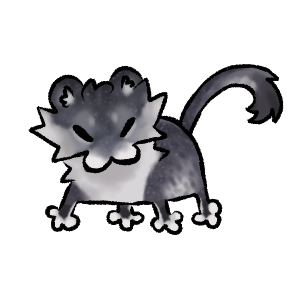
Kinged on 2025.02.11
De-aged to 5yr 9m on 2025.04.12
11/15 04.08.22 Cloudburst NRLC
Missing:
Slot 1 - Cimmerian Pelage
Slot 10 - Inverted Soft Rosette White
Blue skin
Cloudburst base
Original Heritage - G11
